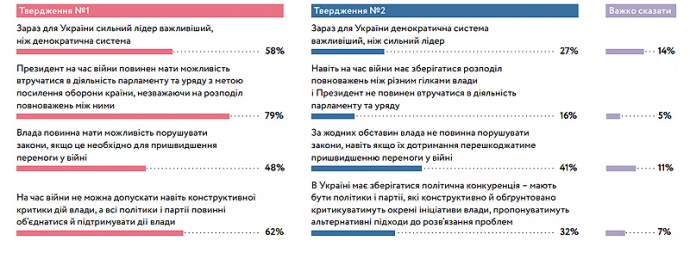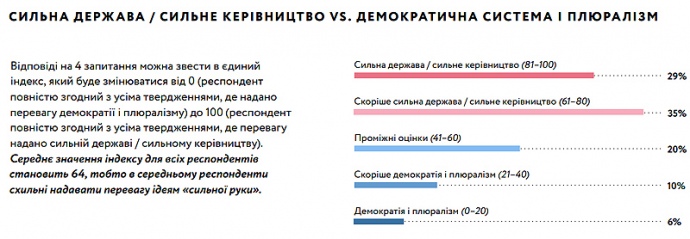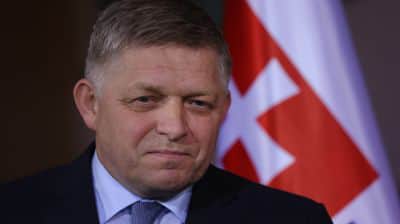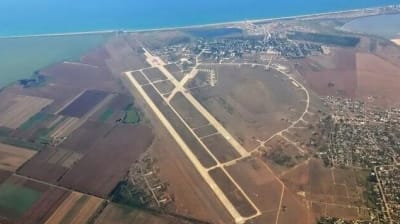Majority of Ukrainians want strong leader, not democracy during war – KMIS
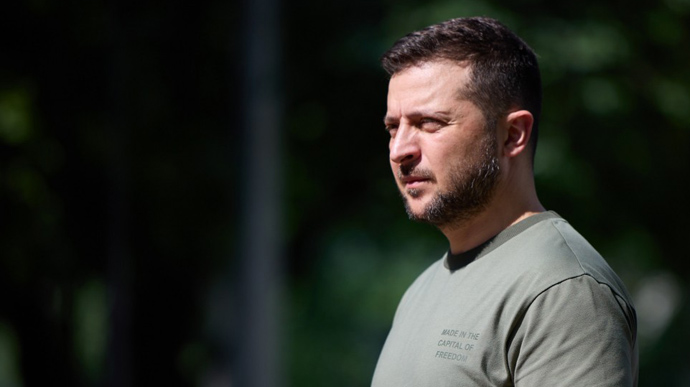
IRYNA BALACHUK – THURSDAY, 18 AUGUST 2022, 09:03
More than half of Ukrainians believe that the country needs a strong leader during the war, rather than a democratic system of governance.
Source: survey results of the Kyiv International Institute of Sociology (KMIS), conducted in July by request of the OPORA Civil Network
Quote from KMIS: "More respondents prefer the idea of a strong country/strong leadership than democracy in the country. There are also reasons to believe that the demand for a "strong hand" is growing against the background of the war."
Details: In particular, 58% believe that a strong leader is more important for Ukraine now, while 27% of respondents said the democratic system is more important.
An even greater consensus is visible regarding the interference of the president in the activities of the parliament and the government; 79% consider it justified to strengthen the defence. 16% are convinced that it is important to preserve the division of powers even during war.
Also, 57% of respondents believe that during a war, the government should prosecute citizens accountable for spreading views that are "harmful" to the state. At the same time, 37% are convinced that anyone should be able to publicly express their views without fear of prosecution by the authorities.
52% said that the possibility of elections after martial law is over is less of a priority; in their opinion, after martial law it will be necessary to focus on other issues. At the same time, 40% believe that it is important to hold free and fair elections on time.
The public opinion survey was held in July. It consisted of two parts: a diary survey and telephone interviews.
1,000 respondents over the age of 18 living in all regions of Ukraine (except the Crimean Autonomous Republic and certain districts of the Donetsk and Luhansk oblasts occupied before 24 February) were interviewed using the method of telephone interviews based on a random sample of mobile numbers.
The survey was conducted among adult citizens of Ukraine who, at the time of the survey, lived on the territory of Ukraine (within the borders controlled by the Ukrainian authorities until 24 February). The sample did not include residents of territories temporarily not under the control of Ukrainian authorities until 24 February (AR Crimea, the city of Sevastopol, certain areas of Donetsk and Luhansk oblasts), as well as citizens who went abroad after 24 February. The statistical sampling error (with a probability of 0.95 and taking into account the design effect of 1.1) does not exceed: 3.4% for indicators close to 50%, 3% - for indicators close to 25%, and 2.1% - for indicators close to 10%.
100 respondents were interviewed by the diary survey method. The field stage of the research lasted from 6 to 15 July. It is reported that there was proportional representation by gender among the respondents. At least 70% of respondents have higher education and are employed in various fields. Economically inactive groups are also represented. All participants are interested in events in Ukraine and abroad and consume news almost daily through various media. At least 30% of participants use Russian to communicate at home.
Journalists fight on their own frontline. Support Ukrainska Pravda!
